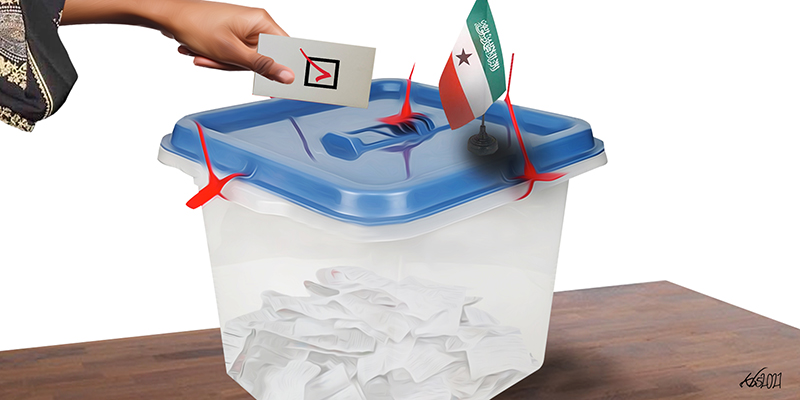 Hadhwanaagtv
Hadhwanaagtv
On November 3, 2024, the people of Somaliland will head to the polls, as announced by the electoral commission, to elect a leader who will steer the country for the next five years. Many political commentators around the world have emphasized the critical nature of this election, describing it as Somaliland’s most important opportunity to solidify its statehood and position on the global stage. However, it can be argued that a significant portion of the population may not fully grasp the far-reaching implications this election holds for the country's future development, both domestically and internationally.
Having recently visited Somaliland, I couldn't shake the feeling that the country stands at a crossroads. There is a pressing need for leadership that can guide it in the right direction, fulfilling the aspirations of its citizens while preventing further political polarization. The current government, unfortunately, appears to be exacerbating divisions among its people, much like the late dictator Siyad Barre, who infamously pitted tribes against one another. Today’s administration seems to be following a similar path, empowering groups like the SSB to fight its political battles rather than implementing policies that foster unity and address the deep-rooted mistrust among the population. A successful society thrives on civic pride and mutual understanding, not division.
Economic disparity in Somaliland is growing at an alarming rate. While a privileged few benefit from the system’s support, others are being marginalized, often pressured to pay bribes to government officials just to navigate basic bureaucratic processes. Meanwhile, the President, as head of state, has become one of the wealthiest individuals in the country, despite the fact that many of his fellow citizens struggle daily to provide for their families.
The job market, particularly for young people, is bleak. For the past seven years, many have faced a future devoid of opportunity, and the prospect of another five years under similar leadership is simply untenable. The frustration is palpable, and the lack of meaningful employment has left the youth disillusioned and desperate for change.
Moreover, the disparity in regional development is another glaring issue. While any progress in the country should be celebrated, the consistent neglect of certain regions is deeply troubling. In the west of the country, for instance, there is access to a well of water for every five kilometres—a stark contrast to the rest of the country, where basic infrastructure remains a distant hope. This unequal distribution of resources is particularly concerning, as it seems to favour the President's own tribe, while ignoring the needs of the wider population.
What Somaliland desperately needs is a leader who understands the complexities of the nation and is committed to ensuring that resources are distributed equitably. The future of the country depends on leadership that prioritizes the well-being of all its citizens, not just those within the leader’s inner circle. Without this, the country risks further division and stagnation at a time when unity and progress are more important than ever.
Prepared by: Abdi Adan
Hadhwanaagnews marnaba masuul kama aha Aragtida dadka kale. Qoraaga ayaa xumaanteeda, xushmadeeda iyo xilkeeda sida. waxa kaliya oo Hadhwanaagmedia dhiirigalinaysaa, isdhaafsiga aragtida, canaanta gacaliyo talo wadaagga!